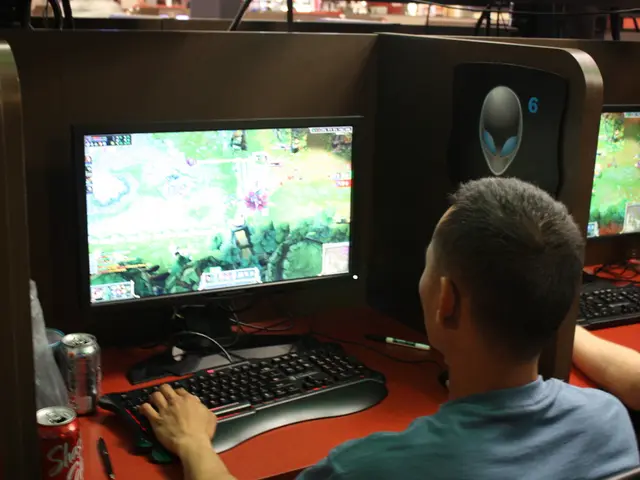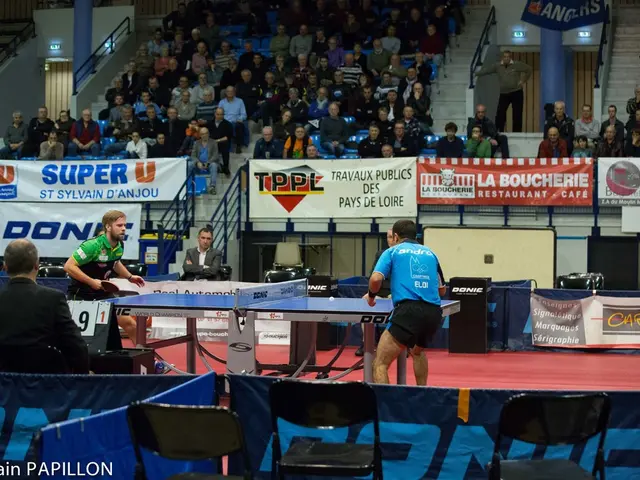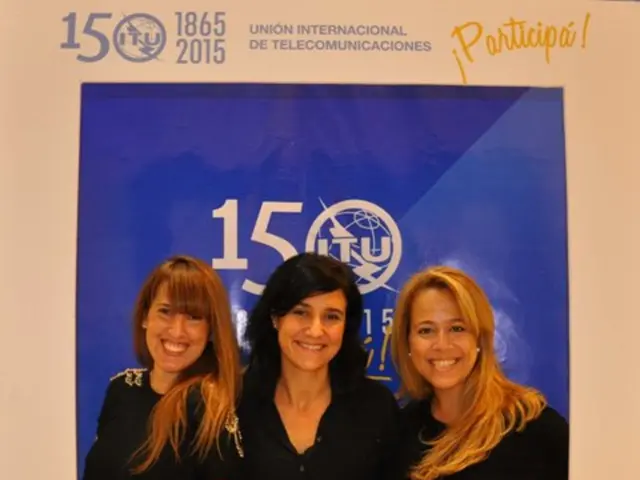The Origin of Bingo: Unraveling the Past of the Popular Game
Bingo, a popular game of chance, is believed to have originated in Italy around 1530, where it was known as 'Il Gioco del Lotto d'Italia'. From its Italian origins, Bingo travelled across Europe, reaching Britain and evolving into various forms, such as the 18th-century Naples game of 'Tombola', which introduced numbered cards, tokens, and the practice of calling out numbers[1][3][4].
In the United States, Bingo gained popularity in the early 20th century, transforming into a social and gambling game played in community halls, fairs, and casinos[4][5]. The American version introduced the role of a caller who draws numbers randomly, and players mark their cards to complete specific winning patterns like lines or full cards. As technology advanced, Bingo incorporated electronic random number generators, making the game more accessible and fast-paced[4].
The advent of the internet and mobile technology marked a significant turning point for Bingo. Digital platforms allowed players to participate remotely from their devices, expanding the game's reach far beyond physical halls. Online variations include automated number marking, real-time multiplayer games, and a wide variety of patterns and jackpots, which has significantly broadened appeal and accessibility[4].
This evolution has had a substantial impact on Bingo’s popularity:
- Online Bingo has attracted younger demographics and international audiences who prefer digital gaming environments.
- It transformed from a casual, communal game into a global pastime accessible 24/7, removing geographic and social barriers.
- The convenience and variety of online Bingo games have increased participation and revenue for operators.
By the 18th century, Bingo had found a lasting home in Britain. Evidence suggests the game was first dubbed 'Bingo' in the US in 1929. Bingo's popularity experienced a huge boom period in post-World War II Britain and continued to grow, with the significant rise of online Bingo occurring in 2003, in coordination with the online poker movement[6].
During the coronavirus pandemic, Bingo games have been played online, on streets, and via communication platforms such as Zoom, demonstrating its resilience and adaptability[7]. Bingo was also used as a way to raise funds for community and charity projects, and it served as a distraction and form of entertainment during difficult interwar and post-war years[8].
Today, the online Bingo industry is estimated to be worth £1.3 billion in the UK alone, with revenues increasing every year since 2013[2]. Bingo venues have been successful in attracting increasingly younger audiences and even students. The game's latest boom shows no signs of slowing, as it continues to evolve and adapt to the changing times.
References: 1. History of Bingo: https://www.history.com/news/the-history-of-bingo 2. Online Bingo Market in the UK: https://www.statista.com/topics/1131/online-bingo/ 3. Bingo's Evolution: https://www.bingo.org/history-of-bingo 4. The Rules of Bingo: https://www.bingo.org/rules-of-bingo 5. The History of Bingo in the US: https://www.bingo.org/history-of-bingo-in-the-us 6. The Rise of Online Bingo: https://www.gamblinginsider.com/2003/01/rise-of-online-bingo 7. Bingo During the Pandemic: https://www.theguardian.com/lifeandstyle/2020/apr/22/bingo-in-the-time-of-coronavirus 8. Bingo's Role in British History: https://www.independent.co.uk/arts-entertainment/films/features/bingo-history-british-culture-movies-a9126771.html
*The online Bingo industry, initially sparked by the advancements in technology, has transformed the casino-and-gambling landscape, attracting a broad range of casino-games enthusiasts.* With the rise of online Bingo blogs and platforms, players can now access a variety of casino-games, breaking free from traditional casino settings and enjoying the game from anywhere, at any time.







